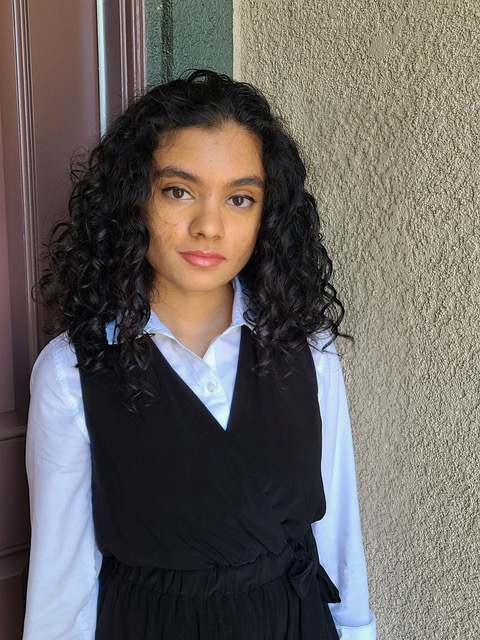On Valentine’s day 2018, the word Parkland became synonymous with tragedy. I was a sophomore in high school watching the news in class. Hours went by and the death toll became higher. The photos of those killed appeared on every television in the nation and I stared at faces as young as mine. What changed me though wasn’t the killing. It was the aftermath.
There was nothing more inspiring than seeing people my age on the national stage, protesting and giving speeches. I was so sure something would happen, some sort of nationwide effort to end school shootings. I was not even close. Instead, there was a silencing effort led by a president who asked teachers to arm themselves and leaders who asked us to stay placated by thoughts and prayers. This was not my first introduction to a broken system, but the most impactful.
My inspiration turned to doubt. What made me truly doubtful was that the kids who protested and fought after the shooting were heard just as loudly as the people who tried pushing the narrative that this was not a real shooting. A nation divided on truth and justice led to my slow detachment from following the devastating news that captivated the rest of the country.
Once you realize that something doesn’t work, the first obvious thought process is to fix it. The issue with American politics is that underlying the very foundation of democracy are cracks in the cement, interconnected and if ignored, deadly. Over the years I’ve stood on this foundation, and the hope that I won’t fall through has become replaced with the expectation that I will.
I never wanted to feel this hopeless. To try and combat it, I started doing what I like best: talking. In high school my favorite pastime was discussing politics and ethics with my friends. As debaters, we explored every aspect of the issues from all perspectives we could think of. In 2018, most of my free time was spent reading the news and listening to NPR. I went from knowing nothing about the political system to trying to be actively engaged in it. I helped my grandmother fill out her midterm ballot explaining each candidate and policy. I felt like I was doing something rather than sitting and waiting for something to happen to me.
In 2020 I voted for the first time. I actually keep my little “I voted!” sticker in my desk drawer. The election brought to light issues in the American political landscape that were amplified by the pandemic and the social justice movements that took place earlier in the year. How do we protect Black and minority communities in this country from systemic racism? How do we fix healthcare so that millions are not uninsured especially in times of crisis? How do we deal with gun violence? With school accessibility and equity? With poverty? With the identity crisis we are facing as a nation?
It was completely up to chance that the Political Club started. When my first Honors class (UHNR 101) explored these ethical issues in a non-judgemental environment during election season, all I wanted to do was continue those conversations outside of class. When I brought this up, I was told that I would be in charge of continuing these dialogues within the Honors department. Though I was very nervous, I’m glad that I went out of my comfort zone. Even with the loneliness a Zoom college experience brought, I found friends that I may not agree with all the time but am excited to meet on campus one day.
The Political Club could not be what it is without the officers. The 4 other officers (Isaac Estrada, Shailani Skoretz, Emily Bouit, Zachariah Sutter) are the entire reason we have been able to have guest speakers and our thorough weekly discussions. As of right now our mission is simple: facilitate political and ethical conversations and learn as much as possible.
As president of the club, I aim to help start much needed conversations in a non-judgmental space so that hopefully one by one we can learn about politics and ethics and each other. Once the floodgates open, once we dare to know, we can find humanity in one another even when faced with disagreement. Though I know we might not be able to fix the cracks of our democracy, we can create a space where hope can grow even in the most adverse of environments.
— Elizabeth Paul (Biology, Class of 2024)

